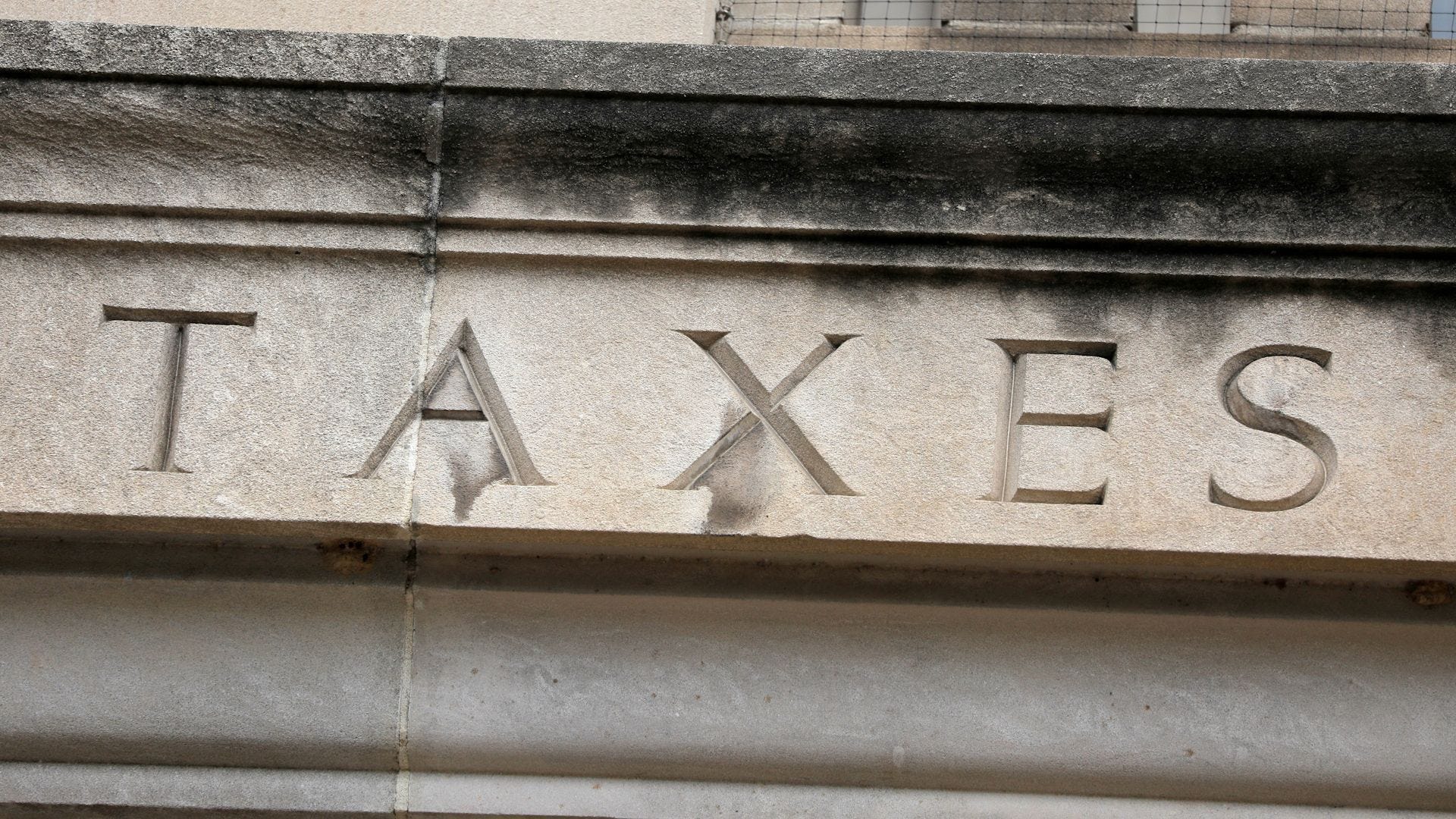

IRS unveils new income tax brackets and deductions for 2025
The IRS has announced major tax changes for 2025 due to inflation, including adjustments to income tax brackets, deductions and capital gains.
Straight Arrow News
While scouring your basement for Christmas decorations, you may have come across boxes of documents from the past millennium. And then you probably asked yourself, “Can’t I just throw this away?”
Companies and governments often have a policy for document retention. Most people don’t.
Conventional wisdom suggests that we keep important papers for seven years, for reasons that we vaguely recall have something to do with taxes.
For those of us with paper records from the Clinton administration, this seems to mean you can throw them away.
But does that mean everything?
We submitted these questions to accountants and tax experts. This is what they told us.
Tax returns
Let’s start with the tax return, a near-universal document that fulfills our annual duty to Uncle Sam.
“The IRS can audit you for no reason or for any reason for three years from the date you file your return,” he said Paul Mendelsohna CPA in Livingston, New Jersey.
“The IRS has more time,” after the three years, “if you pay late, file an amended return, file a fraudulent return or omit income that is at least 25% of what you reported,” he said.
The seven-year rule exists in part because the IRS “typically has up to six years to audit your return if there is a major problem, such as unreported income,” according to Mark Gallegosan accountant in Chicago. The seventh year “is just a buffer.”
However, there are cases where even seven years is not long enough.
Example: There is no time limit on prosecuting people who file fraudulent tax returns, or don’t file returns at all.
“If you never filed a tax return, the statute never kicks in, so you would have to keep records indefinitely,” said Scott Brilhartan accountant in Chicago.
Bottom line: Keep your tax returns for at least seven years, if not forever.
Tax supporting documents
The documents you file with your tax return or use to prepare it, including W-2 forms, 1099s, receipts and expense reports, “can typically be thrown out after seven years,” Gallegos said.
In fact, most of us won’t need the supporting documents for at least three years, Mendelsohn said.
And so keep this information for at least “three years from the date you filed your original return, or two years from the date you paid the tax, whichever is later,” he said.
Bottom line: Continue supporting tax documents for at least three years, and ideally seven years.
Bank and credit card statements
It’s not difficult to fill a box with old bank and credit card statements, pay stubs, and other important documents from financial institutions.
Those “can be shredded after a year unless you keep them for tax purposes,” Mendelsohn said.
Michelle Crumma certified financial planner and tax expert in Ann Arbor, Michigan, advises clients to keep bank and credit card information for seven years.
“Keep a digital copy if you’re afraid you’ll never have access to it again,” she said.
Bottom line: Keep bank and credit card statements for at least a year, and maybe seven.
Real estate and investment data
Here’s an exception to the seven-year rule. Think of it as seven years plus.
If you own a home or other investment property, related documents should be kept “as long as you own the property” or investment, “and for at least seven years after you sell it,” Gallegos said.
The reason: “This data is essential for determining your cost basis, which affects the amount of tax you may owe when you sell,” he said.
Cost basis is the original value of an asset, calculated for tax purposes, according to the financial journalism site Investopedia. That value helps determine the capital gain, which is the difference between the cost basis and the current market value of the asset.
“Keep the deed to your house, the title to the car, your mortgage,” or car lease or loan, “as long as you own the property,” Mendelsohn said.
Bottom line: Keep ownership and investment records while you own the asset and, ideally, for seven years after you sell it.
Retirement account information
The seven-year-plus rule also applies to these documents, Gallegos said.
“Retain records for your IRA or 401(k) for as long as the account is active and for seven years after it is closed,” he said. “They are important to ensure that benefits are reported correctly.”
Distributions from retirement accounts (i.e., withdrawals) are reported on your tax return. Some are taxed; some don’t. Either way, you want to keep the data.
Bottom line: Keep records of your retirement account while the account is open and for seven years after it is closed.
Other ‘forever’ documents
Crumm, the Michigan tax expert, lists several types of documents her clients should never throw away. Among them: adoption papers, birth certificates, death certificates, divorce decrees, lawsuits, marriage certificates, diplomas and school transcripts, health and vaccination records and social security cards.
If you have asset or donation information, Gallegos says, keep it forever.
Documents to keep until a new one arrives
Some records are redundant. When you receive a new property tax bill, it’s probably safe to throw out the old one, Crumm said.
Other documents you can safely destroy when you get a new one: credit reports, social security statements, and vehicle registrations.
One more thing
If you have an old document not listed above, you’re probably safe if you follow the seven-year rule, Mendelsohn said.
There are exceptions. If you own a business, haven’t filed a tax return, or are being sued, you might want to keep every piece of associated paper.
Otherwise it can probably go.